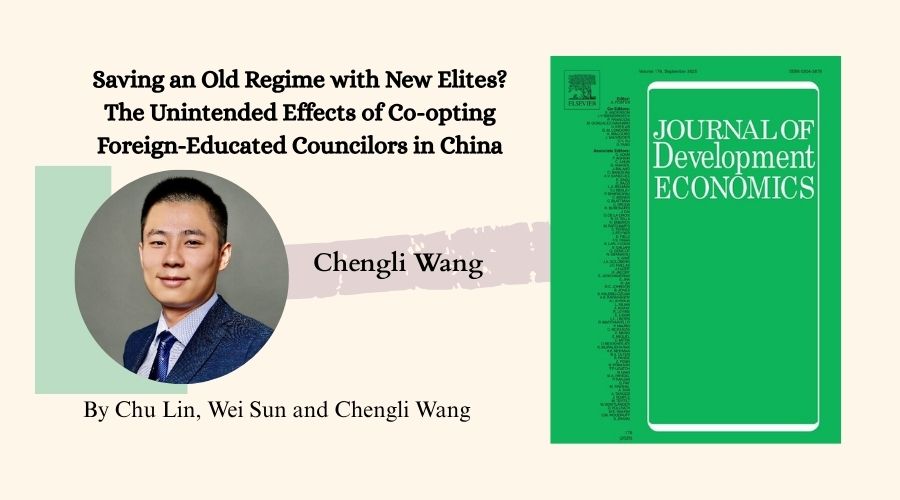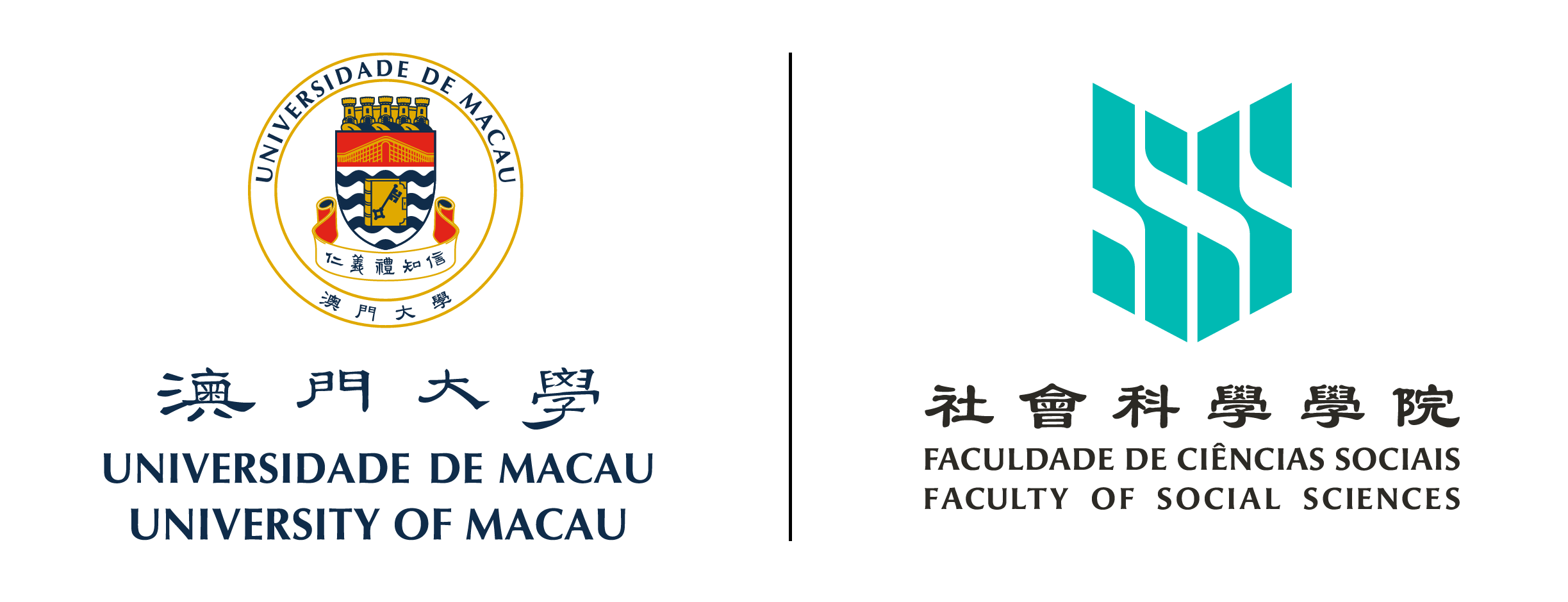
Prof. Chengli Wang, Assistant Professor in the Department of Government and Public Administration, has recently published a new research article titled “Saving an Old Regime with New Elites? The Unintended Effects of Co-opting Foreign-Educated Councilors in China” in the Journal of Development Economics, a top international journal of economics.
The research exploits a quasi-experimental setting created by the establishment of provincial Consultative Bureaus in China in 1909 to examine the political consequences of integrating Japan-educated returnees into local governance. Using an original, prefecture-by-month panel dataset across 262 prefectures from 1901 to 1911, the authors find that co-opting foreign-educated elites led to unintended consequences. While it helped suppress revolutionary armed movements (the “revolution effect”), it also intensified peasant unrest (the “revolt effect”), particularly in economically vulnerable areas. Mechanism analysis indicates that the returnees’ reformist agendas—especially those involving taxation—increased pressure on local populations, triggering rural resistance. These findings highlight a fundamental tension in autocratic modernization: when elite-driven reforms exceed society’s capacity to adjust, well-meaning efforts may inadvertently provoke social instability. This research contributes to long-standing debates on elite co-optation, state-building, and the limits of autocratic modernization.
The Journal of Development Economics (JDE), published by Elsevier, is a top journal in development economics, with an impact factor of 4.6 (Q1 in Economics and Econometrics in SSCI) as of 2025.
For more information on this article: https://doi.org/10.1016/j.jdeveco.2025.103580

